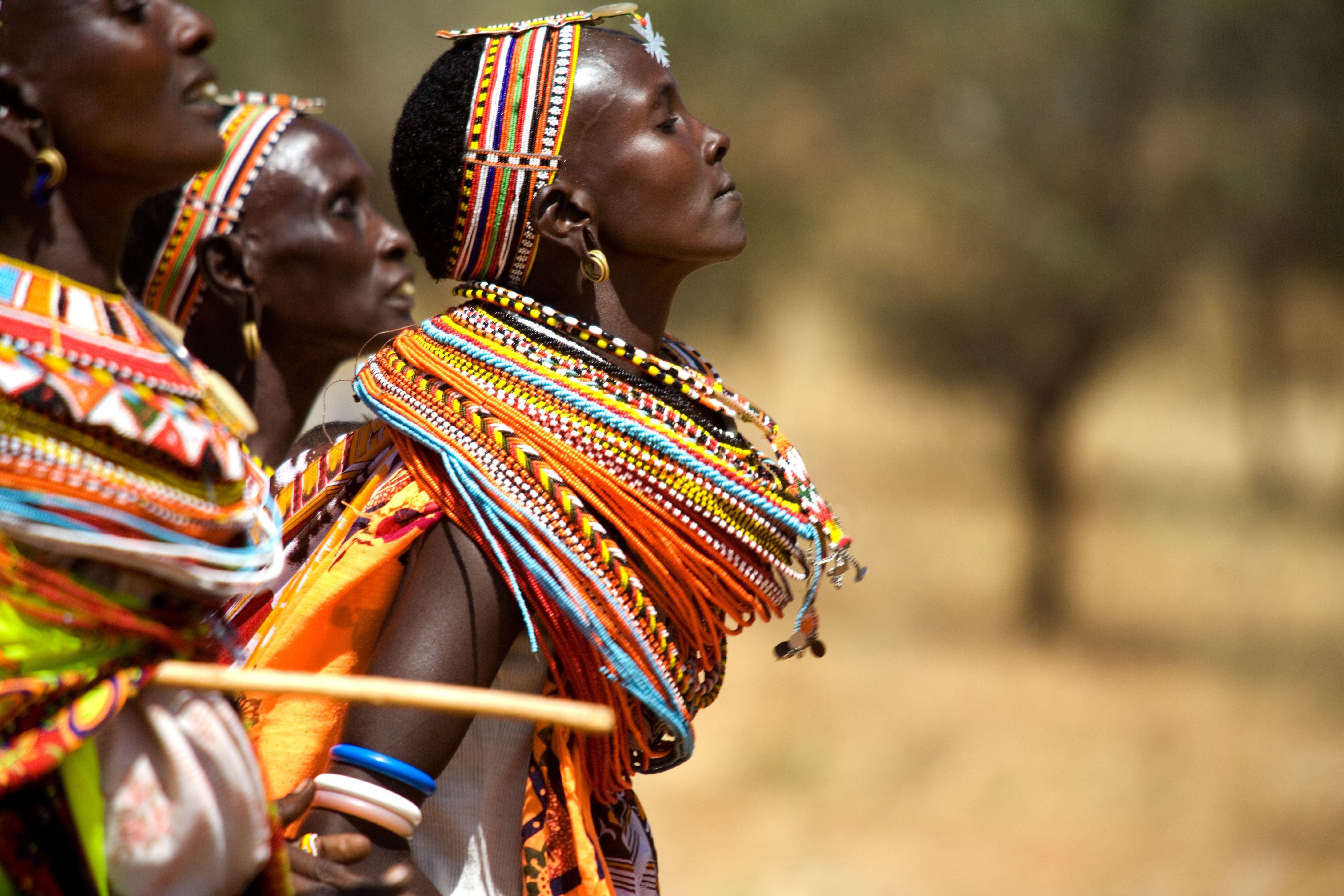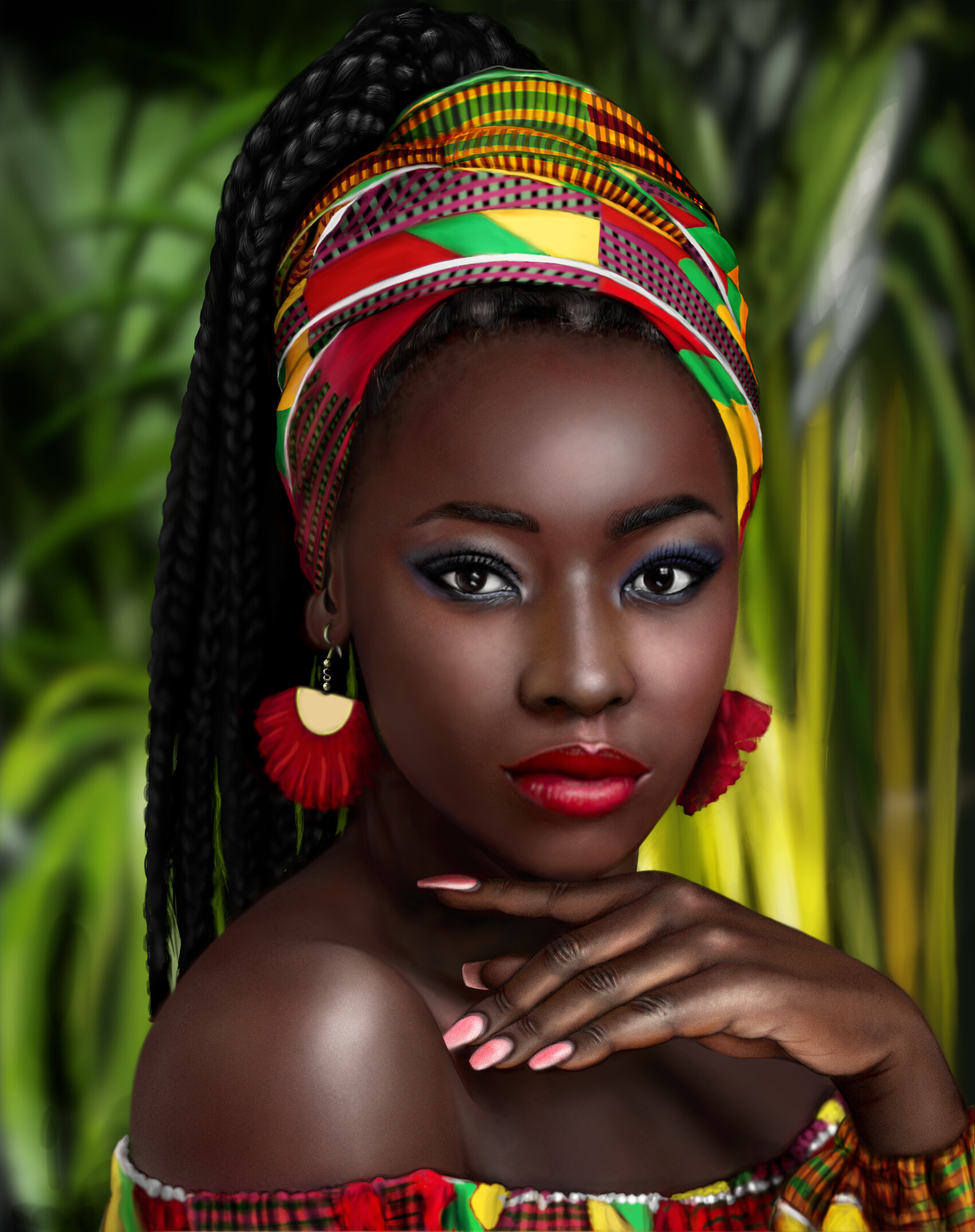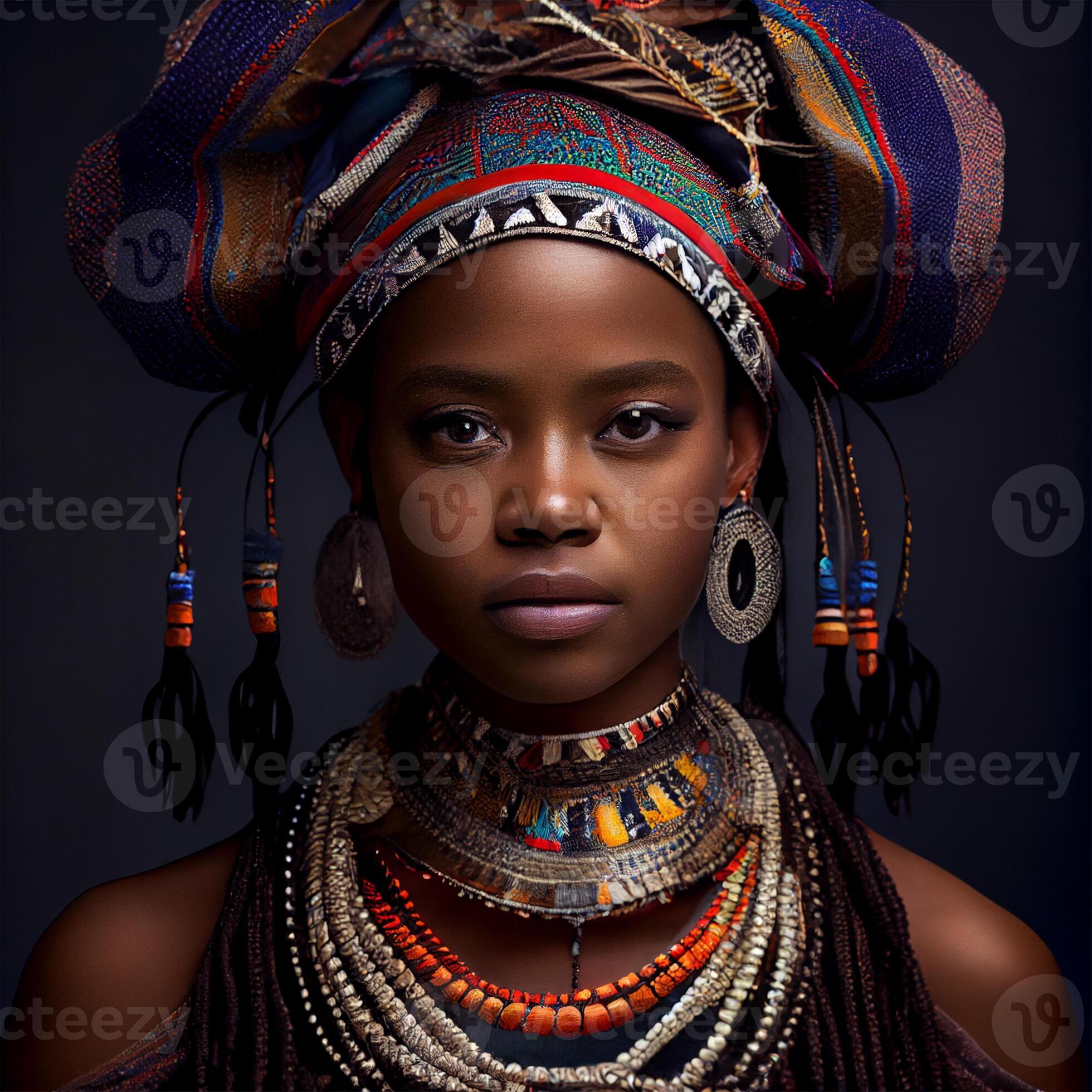The African Erome: Exploring The Continent's Deep Essence
Detail Author:
- Name : Glen Davis
- Username : garrick67
- Email : john.legros@yahoo.com
- Birthdate : 1999-10-27
- Address : 4593 Gutmann Island Veronabury, MT 37268-6012
- Phone : 260-255-4854
- Company : Dickinson-Lehner
- Job : Radiation Therapist
- Bio : Odit cupiditate quidem expedita aut id fuga nihil. Fuga a tempora velit laborum vero et sit. Et sed labore corporis quia.
Socials
twitter:
- url : https://twitter.com/andres_frami
- username : andres_frami
- bio : Odio cum qui odio aut nostrum debitis. Aut quaerat et qui placeat magnam. Totam fuga maiores praesentium. Et maiores alias ut provident.
- followers : 5598
- following : 1211
linkedin:
- url : https://linkedin.com/in/andresframi
- username : andresframi
- bio : Suscipit mollitia necessitatibus delectus soluta.
- followers : 4074
- following : 1900
instagram:
- url : https://instagram.com/andres.frami
- username : andres.frami
- bio : Ducimus mollitia molestias aperiam. Dolorem deserunt quam et earum.
- followers : 2335
- following : 1332
There's something truly captivating about Africa, a continent that holds so much history and so many stories. It's a place that often sparks curiosity, and for good reason, too. When we think about the "african erome," we're really talking about the very core of what makes this vast land so special, its unique spirit and profound historical depth.
This amazing continent, you know, includes places like Madagascar and various archipelagos, which really add to its natural beauty. It’s a land of incredible diversity, stretching from the very tip of South Africa all the way up to the Mediterranean Sea. This immense geographical spread means you find so many different environments and cultures, which is pretty cool, actually.
We often talk about African regions under specific titles, like Central Africa, Eastern Africa, North Africa, Southern Africa, and Western Africa. These classifications help us understand the continent's many facets and how each part contributes to the overall "african erome," which is, in a way, its undeniable allure. Each region has its own character, its own rhythms, and its own historical threads.
Table of Contents
- The Continent's Vastness and Regions
- A Deep Historical Tapestry
- Nations and Identity
- Key Influential Countries
- Unique Place in Human History
- Exploring African Diversity
- Frequently Asked Questions (FAQs)
The Continent's Vastness and Regions
Africa is, quite simply, enormous, and its sheer size is a big part of its "erome." It's not just a single, uniform landmass, but a collection of distinct areas, each with its own story. The continent includes Madagascar, which is a very unique island, and various other island groups, adding to its incredible natural variety. These islands, you know, have their own special ecosystems and cultures, making them fascinating places to learn about.
When people talk about Africa, they often break it down into different sections for better understanding. These are typically Central Africa, Eastern Africa, North Africa, Southern Africa, and Western Africa. Each of these broad areas contains many countries, and they all have their own principal characteristics and histories. It's like looking at a really big, detailed map; you can see the different parts clearly, and each part has its own feel, which is pretty interesting, actually.
These regional divisions help us to appreciate the sheer scale of the continent's natural and cultural differences. From the deserts of the north to the rainforests of the center and the savannas of the south, the landscapes are incredibly varied. This geographical spread contributes so much to the diverse "african erome," making it a truly remarkable place on Earth, you know, with so much to see and experience.
A Deep Historical Tapestry
The "african erome" is deeply rooted in a history that stretches back to the very beginnings of humanity. It’s widely believed, and with good reason, to be the "cradle of humankind." This means Africa is the only continent where we've found fossil evidence of early human beings, which is pretty mind-blowing when you think about it. This ancient past truly sets Africa apart, giving it a unique place in our shared human story, you see.
Moving forward in time, modern African history is, in some respects, full of significant changes. African independence movements had their first big success in 1951, when Libya became the first former colony to become independent. This was a really important moment, marking the beginning of a new era for many nations on the continent. It showed the strength and determination of people wanting to shape their own futures, which is quite inspiring, honestly.
After that, many other nations gained their freedom, changing the political map of the world. This period was, however, also marked by revolutions and wars, as new states worked to find their footing. The journey to self-governance was not always smooth, and these events have shaped the continent into what it is today. It’s a history that is very complex, showing both great triumphs and significant struggles, you know.
Nations and Identity
This vast land, which is a truly amazing place, comprises 54 recognized African countries, each with its own distinct identity. It’s important to remember that each country is independent, and they may not fit into any single "African economical stereotype." This means that while some challenges are shared, each nation has its own unique path and strengths, which is something to appreciate, actually.
Since the end of colonial status, African states have frequently faced various difficulties. These have included instability, corruption, violence, and authoritarianism in some places. These challenges are part of the continent's story, but they don't define the whole picture. It's like, you know, every place has its ups and downs, and Africa has certainly had its share of complex situations to deal with.
The vast majority of African nations are republics, which means they are governed by elected representatives. This political structure is a common thread across many of these countries, even with all their individual differences. It speaks to a shared aspiration for self-governance and a desire for their people to have a say in their own destinies. Learn more about African governance on our site, as a matter of fact.
It's also worth noting that some significant health challenges, like HIV/AIDS and malaria, have been very deadly in parts of the continent. These issues have had a profound impact on communities and continue to be areas where progress is sought. Understanding these aspects is part of grasping the full "african erome," which includes both the bright spots and the areas needing continued support and development, you know.
Key Influential Countries
When people think about Africa's biggest and most influential countries, three names often come up: Nigeria, Egypt, and South Africa. These nations are quite significant for different reasons, and they play a big role in shaping the continent's story. It's like, they are major players on the world stage in many respects, you know.
Nigeria is, for example, the most populous country in Africa. Its large population means it has a huge impact on regional economics and culture. It’s a vibrant place with a lot of energy and innovation, and its cultural influence stretches far beyond its borders. The sheer number of people there, and their diverse traditions, really add to the rich "african erome" in a big way.
Egypt, on the other hand, has an incredibly ancient history, with monuments and civilizations that have captivated the world for thousands of years. Its strategic location and historical significance make it a key player in North Africa and the Middle East. Its contributions to human knowledge and architecture are, arguably, unparalleled, making it a cornerstone of the "african erome" from a historical perspective.
South Africa, located at the southern tip of the continent, is known for its diverse landscapes and rich natural resources. It has a complex history, marked by significant social and political changes, particularly its transition from apartheid. Today, it stands as a major economic force in the region, and its cultural vibrancy is something to behold. These three countries, you see, represent just a fraction of Africa's vastness but highlight its varied strengths and stories.
Unique Place in Human History
The African continent truly has a unique place in human history, which is a big part of its "erome." As we touched on earlier, it’s widely believed to be the "cradle of humankind." This isn't just a poetic phrase; it’s backed by incredible scientific evidence. Africa is, in fact, the only continent with fossil evidence of early human beings, known as Homo species, which really underscores its fundamental importance to our shared past, you know.
This means that our earliest ancestors walked the lands of Africa, developed tools, and began the long journey that led to modern humanity. The discoveries made in places like the Great Rift Valley have provided crucial insights into human evolution. It’s a profound thought, that all of us, no matter where we live today, have roots tracing back to this remarkable continent. This deep connection makes Africa a place of universal significance, which is something to ponder, you know.
Understanding this historical foundation helps us appreciate the "african erome" on a much deeper level. It’s not just about current events or recent history; it’s about the very origins of who we are as a species. This ancient heritage adds an unparalleled layer of meaning to every landscape, every culture, and every story that emerges from Africa. It’s a truly humbling and inspiring aspect of the continent, actually.
Exploring African Diversity
When you think about the "african erome," its incredible diversity is a major component. This vast land, as we've noted, comprises 54 recognized African countries, each with its own distinct identity. It's really quite amazing how much variety there is, from languages and traditions to food and art. This richness is something that truly sets Africa apart, you know.
Here, we'll explore the countries of Africa, often divided into those key regions we mentioned earlier. This approach helps to organize the immense amount of information and highlights the unique characteristics of each area. It's like, you can browse countries of Africa at africa.com for detailed info on all African nations, including history, facts, and regional highlights, which is a good resource, by the way.
Each country in Africa is independent and may not fall into the "African economical stereotype," as we discussed. While it's true that, as a whole, Africa has faced significant economic challenges, and is often considered a very poor continent, this doesn't tell the full story of individual nations. Many countries are developing rapidly, and their economies are growing, which is a positive sign, you know.
The diversity extends beyond just geography and economics; it's also deeply woven into the cultural fabric. From the music and dance to the storytelling traditions and family structures, each ethnic group and nation contributes a unique thread to the overall tapestry of the "african erome." It’s a continent that celebrates its differences, and this makes it a truly fascinating place to learn about and appreciate, as a matter of fact.
This map of Africa shows seas, country boundaries, countries, capital cities, major cities, islands, and lakes in Africa. You can find detailed maps, like those that are 1600x1600px or 1250x1250px, which really help you visualize the continent's geography. These visual aids are very helpful for understanding the sheer scale and layout of the land, which is quite important, you know, for grasping the full picture.
There's also an alphabetical list of African country names with their capitals, which can be super useful. We often include the countries' regions and the international standard for country codes (ISO codes) to make it easier to find information. These articles also contain the principal treatment of African topics, helping you get a good overview of each nation. It’s a way to really dig into the specifics of each place, you see, and understand its particular contribution to the "african erome."
Frequently Asked Questions (FAQs)
What are the big 3 African countries often mentioned?
Three of the largest and most influential countries in Africa are Nigeria, Egypt, and South Africa. These nations are very significant due to their population, historical importance, and economic influence on the continent, which is quite notable, you know.
Is Africa really the "cradle of humankind"?
Yes, Africa is widely believed to be the "cradle of humankind." It is, in fact, the only continent with fossil evidence of early human beings, which makes it a very special place in our shared human story, you know, showing where we all began.
When did African independence movements first succeed?
African independence movements had their first success in 1951, when Libya became the first former colony to become independent. This was a really important moment, setting the stage for many other nations to gain their freedom in the years that followed, which is quite a historical point, you know.

African Culture Wallpapers - Top Free African Culture Backgrounds

ArtStation - Beautiful african woman portrait

Portrait realistic graphics of an African woman with strong facial